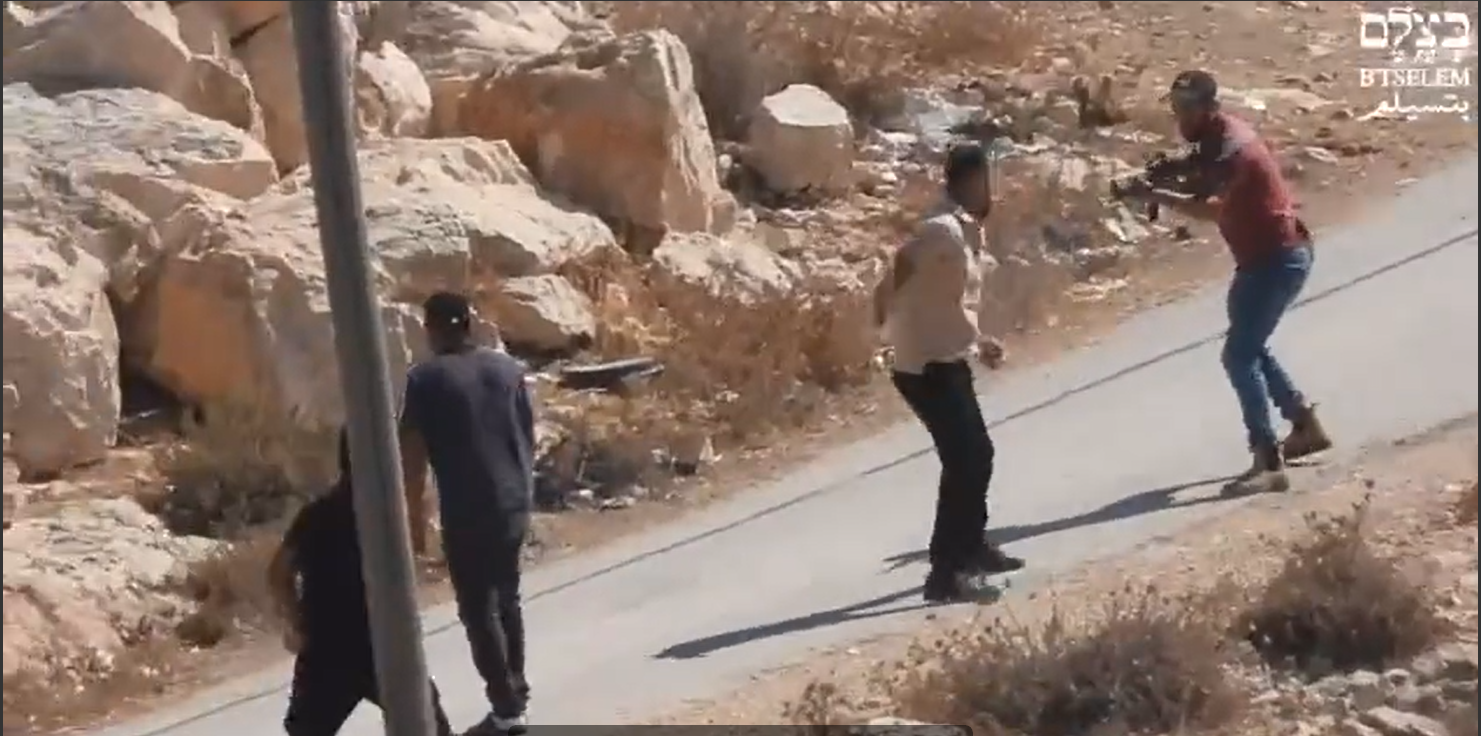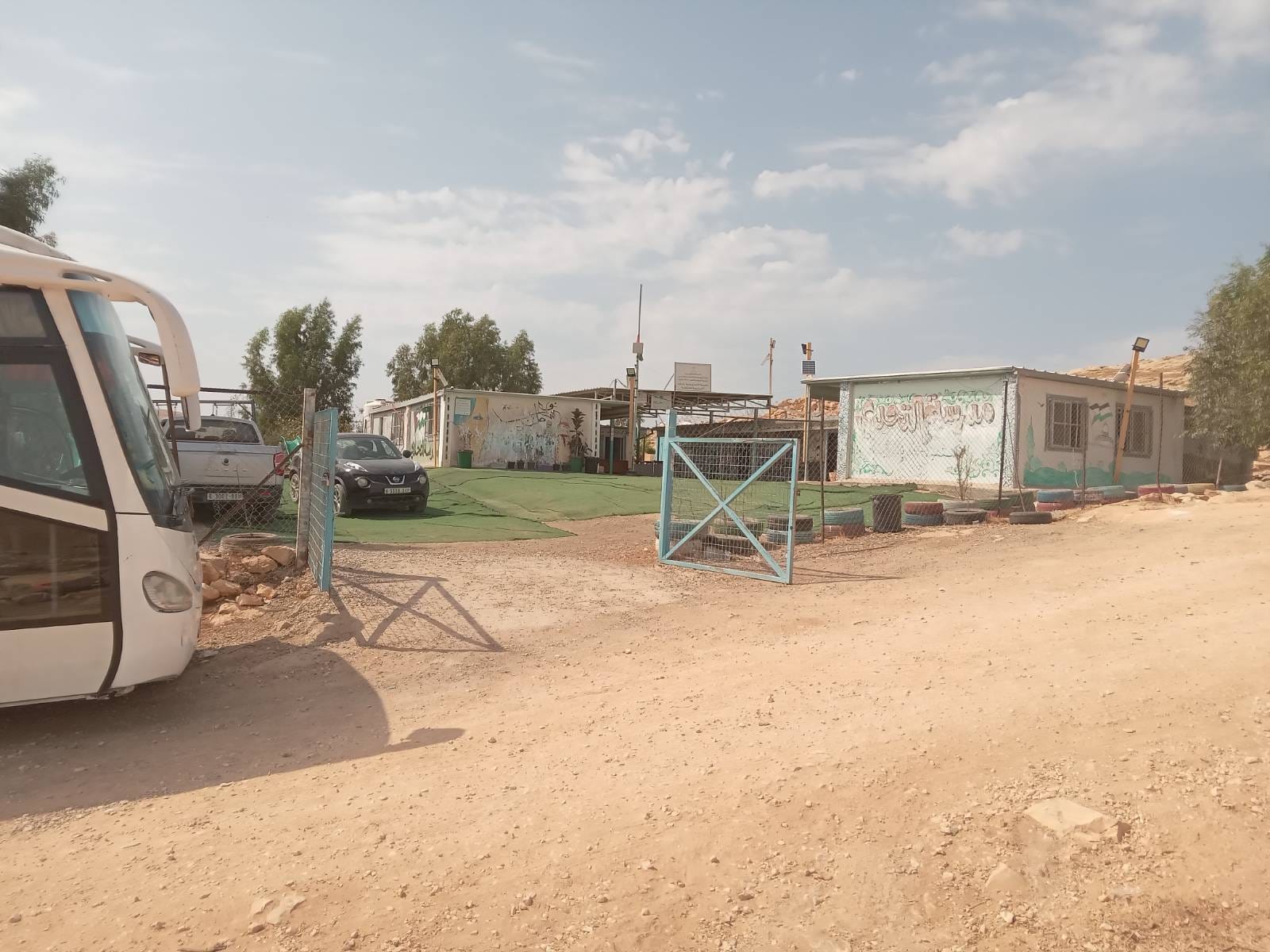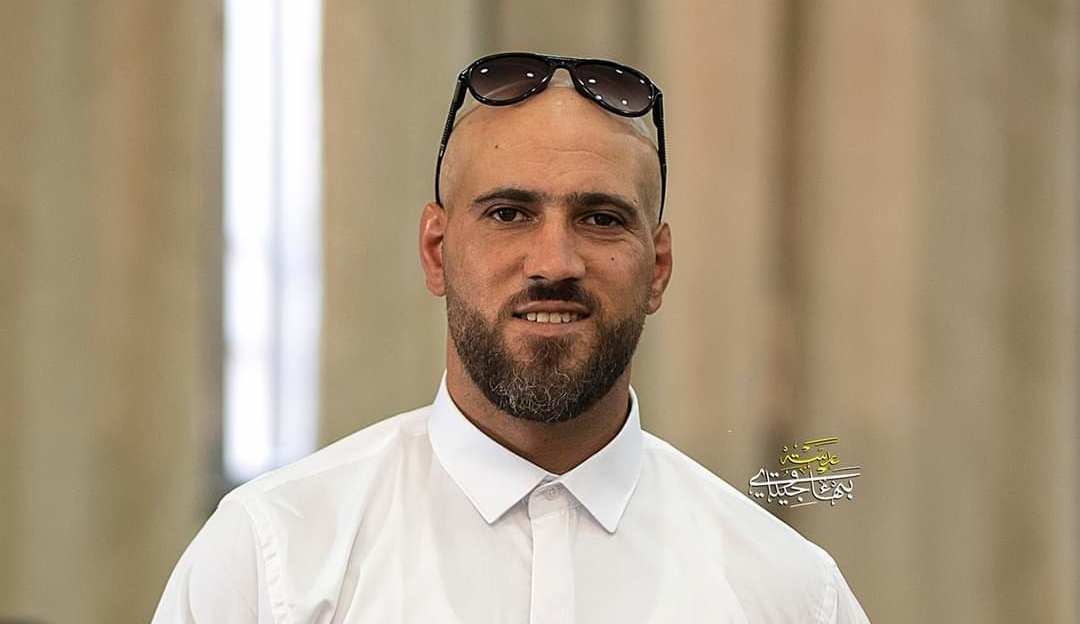Category: Journals
-
Watch: Israeli settler shoots Palestinian at point blank range in village of At-Tuwani
TRIGGER WARNING: Blood On Friday, October 13th 2023, a settler from the illegal Israeli outpost of Havat Ma’on entered the Palestinian village of At-Tuwani, in the region of Masafer Yatta, armed with an assault rifle and shot a Palestinian man in the stomach at point blank range. The video, which was made public by…
-
Palestinians hospitalised in settler attack near Ramallah
15 October, 2023 | International Solidarity Movement | Wadi Siq Armed settlers attacked Palestinians and international volunteers in the Bedouin village of Wadi Siq, east of Ramallah, on Thursday (October 12) hospitalising two people. Villagers were also beaten after the illegal settlers returned for a second attack later that day, ISMers were told. …
-
A visit to the houses of the martyrs in Nur al-Shams
Solidarity visit to the Nur Shams camp, following the deaths of Abdulrahman Abu Daghash and Oseed Farhan Abu Ali, killed by indiscriminate Israeli Occupation Forces shooting during the raid on Sunday 24th September. It’s hot, it’s the third day of mourning. There is a constant flow of visitors in the home of Abdulrahman Abu Daghash.…



